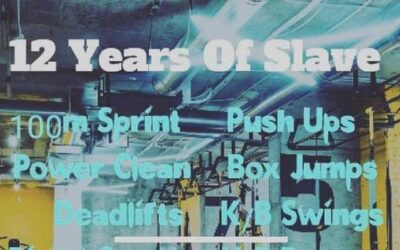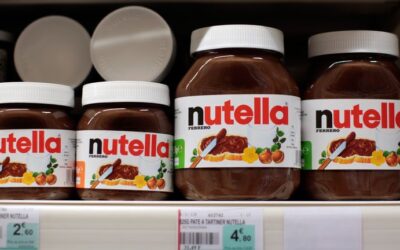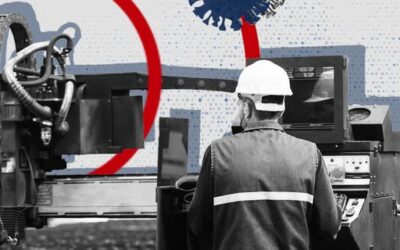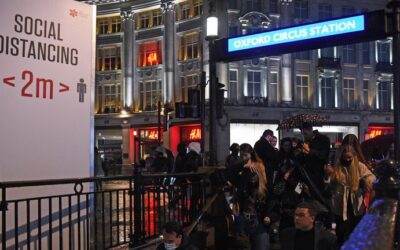PureGym has apologised after one of its branches advertised a “12 Years of Slave” workout to mark Black History Month.
The company’s Luton and Dunstable gym made a post on Facebook, saying: “Entitled ’12YearsOfSlave’ (after the epic movie) this is our workout of the month designed by @MattSimpt to celebrate black history month.
“Slavery was hard and so is this”.
Image: The post has since been deleted
Following backlash online the post was deleted, with PureGym stating that it was “wholly unacceptable” and was “not approved or endorsed by the company”.
PureGym later tweeted to say it was investigating why the post was made.
Advertisement
The company said: “PureGym apologises unreservedly for a post regarding Black History Month that was made today by our gym in Luton & Dunstable.
“This post was wholly unacceptable, was not approved or endorsed by the company and was removed when it was brought to our attention.
More from UK
“We take this matter extremely seriously and are urgently investigating how and why this post was made.
“Thank you to those people who commented on this post and for raising this with us.”
The company also said that the social media channels of its 271 gyms are all run locally.
Puregym, which is based in Leeds, is the UK’s largest gym by membership.








